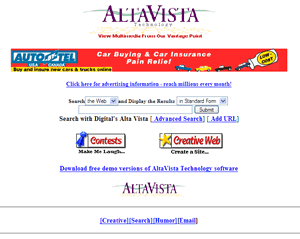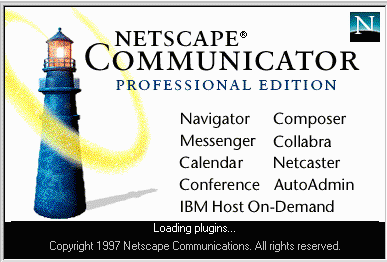Google Translate‘s coverage has been expanded dramatically. It now supports the translation between any of the following languages: English, Arabic, Bulgarian, Chinese, Croatian, Czech, Danish, Dutch, Finnish, French, German, Greek, Hindi, Italian, Japanese, Korean, Norwegian, Polish, Portuguese, Romanian, Russian, Spanish, Swedish (the new languages are shown in bold). From 26 language pairs, Google Translate now supports 506 language pairs and becomes the most comprehensive online translation tool available for free.
The most useful feature of the new Google Translate is the automatic language detection feature. You no longer have to select the language of a web page in order to translate it to English. Just choose “Detect language” and Google will attempt to figure out the source language for you and translate the page or text to the language of your choice.
The automatic translation is far from perfect, but is definetly an ecvellent start which, knowing Google will improve fast over time.




 December 1996 – EBay’s AuctionWeb recevie its millionth bid and shortens its name to just eBay
December 1996 – EBay’s AuctionWeb recevie its millionth bid and shortens its name to just eBay Some months later, in August 1995, Netscape’s public offering took off, and in a blink, a world of do-it-yourself possibilities was born. Suddenly it became clear that people could create material that anyone with a connection could view. The burgeoning online audience no longer needed traditional media for content. Well, not in an instant, it took almost ten years, but with the Netscape’s stock peaking at $75 on its first day of trading, the world gasped in awe. Was this insanity, or the start of something new?
Some months later, in August 1995, Netscape’s public offering took off, and in a blink, a world of do-it-yourself possibilities was born. Suddenly it became clear that people could create material that anyone with a connection could view. The burgeoning online audience no longer needed traditional media for content. Well, not in an instant, it took almost ten years, but with the Netscape’s stock peaking at $75 on its first day of trading, the world gasped in awe. Was this insanity, or the start of something new?